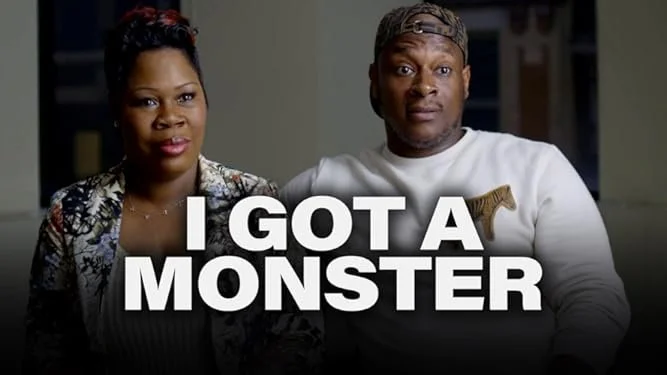Why You Must Watch “I Got a Monster” if You Still Care About Police Brutality in 2023
Written By: London Allen | November 6, 2023
The documentary I Got a Monster (2023) really sticks with me as a young adult. Telling the story of corrupt policing in Baltimore, many of the events taking place in the film occurred when I was a child. Now, viewing the events in 2023, brought a new meaning to the corruption of police in Baltimore by offering an in-depth view from the perspective of those who experienced the corruption first-hand. The stories of the victims were particularly striking, but one thing that stands out is the lack of restitution.
Despite being released, the impact of serving a prison sentence followed them either financially, emotionally, or mentally. The legal system cannot afford to make mistakes of such a large magnitude, yet they do and are not truly held accountable. Though members of the Gun Trace Task Force—the corrupt police group followed in the film—are imprisoned, however, this is not justice for the numerous people who have suffered due to the corrupt nature of the Baltimore City police. Furthermore, while people like the defense lawyer Bates did have an impact on bringing some justice and worked on many of the corrupt cases, he works as a State Attorney. This single fact makes him complicit in the legal system that systemically harms Black and brown people. In the documentary, it seems Bates views himself as a savior, but he is contributing to the problem—especially defending the murders of Freddie Gray.
As I watched this documentary and adjacently experienced the impact of many of the events reviewed in the film, I was reminded of the hurt Baltimore City citizens have felt as a result of police corruption.
I remember being a child and seeing the National Guard come to the city, an excessive response to what could be resolved if Baltimore would view its citizens as people instead of assuming people are criminals.
A line from the documentary that touched me is when someone is outside on an intercity street passionately saying how the city doesn’t view people as individuals. If someone is from a certain area or looks a certain way, the police automatically wield their power because they assume the person is defenseless, which is something Bates himself experienced. Bates recalls a story of being harassed by police until they saw his credentials as an attorney. These instances prove that as a unit, police are given too much power to take action without being questioned. As seen with the Standford prison experiment, it is easy for people to become corrupt with too much power, which means it might be time to rethink the type of authority police have.
Ultimately, the documentary tells tragic but necessary stories. It gives a voice to people who have previously been silenced and shows the real experience of people who live in Baltimore
Documentaries like this are important otherwise people may never have the chance to tell their truth and will continuously be silenced by authority figures in a corrupt system.



